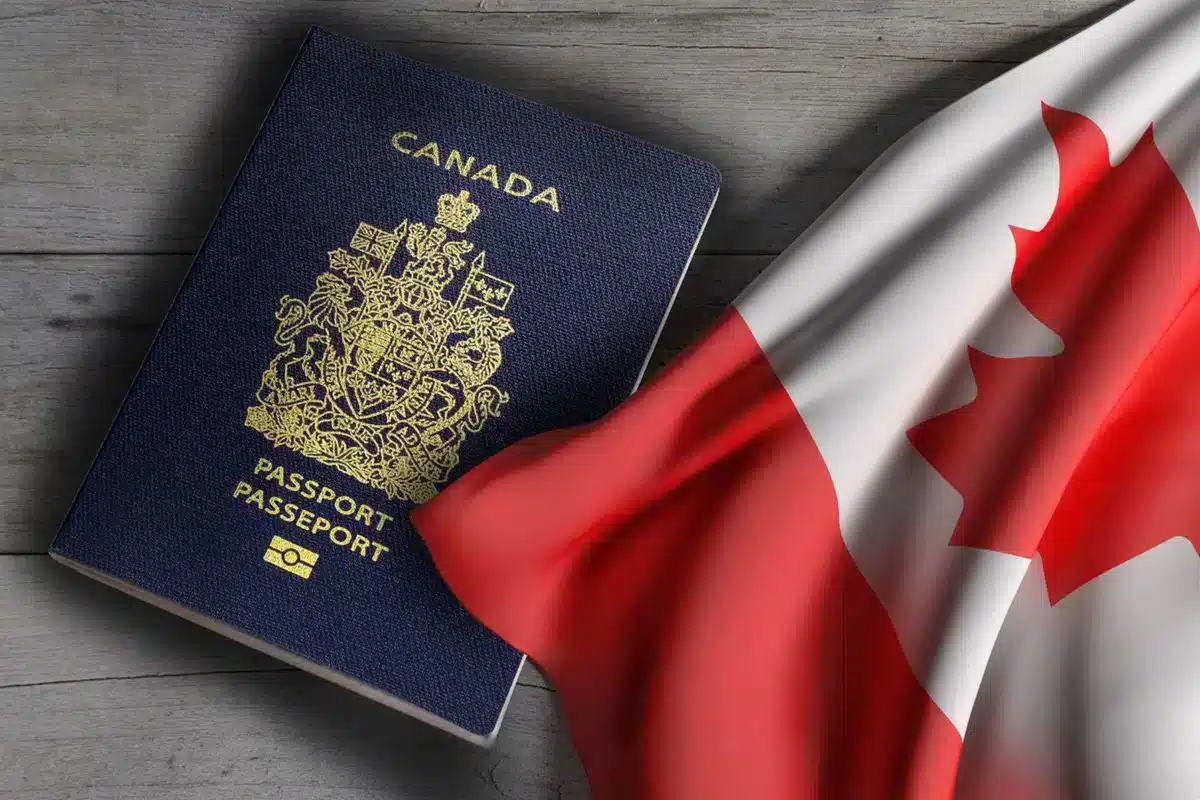The government of the Canadian province of British Columbia recently imposed a two-year ban on the admission of international students, including Nigerians, into tertiary institutions in the country, in addition to other changes to immigration laws.
The ban comes one month after the Canadian government said it will increase its cost-of-living requirement for study permit applicants to Canada from $10,000 being paid to $20,635, effective January 1, 2024.
The Federal Minister of Immigration, Refugees, and Citizenship, Canada (IRCC), Mr. Marc Miller, who disclosed the two-year ban on the admission of international students in a recent statement, said the two-year ban, which will last until February 2026, aims to weed out “exploitive practices” from the system.
According to Miller, the decision also became necessary as the influx of international students has put pressure on housing, healthcare, and other services in the country.
In 2023, Canada had set ambitious targets to admit 500,000 permanent residents and 900,000 international students to aid economic growth.
Surpassing these targets, Canada faced a significant housing shortage of 345,000 units. Coupled with rising interest rates, the Trudeau government is prompted to reassess its immigration policies to address the challenges faced.
Persecondnews reports that Canada remains one of the top destinations for Nigerians to relocate to in search of greener pastures.
In November 2023, reports showed that Nigerians had become Canada’s fastest-growing student population, as almost 18,000 Canadian study permits were issued to Nigerians in the first six months of 2023, more than for any other country aside from India.
According to Immigration, Refugees, and Citizenship Canada (IRCC), approvals for Nigerians went from 2,788 in 2019 to 23,930 in 2023.
In 2022, the country landed 437,120 Permanent Residents (PRs), a nearly eight percent increase from the total number of PRs in 2021.
Apart from PRs, India (175,021); Nigeria (43,482); the Philippines (21,902); China (14,575); and Nepal (12,776) were among the top five source countries of new international students coming to Canada, according to the IRCC.
Higher education and work are the major principal conduits of permanent emigration, Persecondnews reports.
Meanwhile, the decision by the Canadian authorities has raised concerns among prospective Nigerian students seeking to apply for admission to Canada, as well as educational institutions set on welcoming international learners.
“The Canadian government’s announcement reflects efforts to address concerns about the quality of education provided to international students. The two-year cap on new study permits, changes to post-graduation work permits, and attestation requirements aim to ensure a high standard of education and support for students.
“These measures are a response to issues related to under-resourced campuses, a lack of student support, and high tuition fees among some private institutions catering to international students,” an X user, YungProf, wrote on his handle.
Another X user, @CatiaKyen, seems to be in support of the ban, as she wrote, “Still in the people’s favour, not bad news at all.”
“It has nothing to do with Nigerians’ bad behaviour, just in case anyone wants to come up with negative comments about this. Nigerians are among the biggest Back Home Remittance worldwide,” @calmguy2410 also commented.
@Charlie_inlife wrote on X (formerly Twitter): “Good move until we discover our true selves and make use of our resources; others will surely deprive us of what we think we want.”
“Canada needs to protect its borders by doing this too. Immigrants are getting too much,” @wildatlanticboy wrote.
“Still in favour though; make private institutions go close the office wey them open on top of the international student head,” @Teepetercode wrote.
Persecondnews reports that with this new ban on foreign students, Nigerians may have to beam their searchlight on other countries that are looking to admit foreign nationals.
























Leave a comment